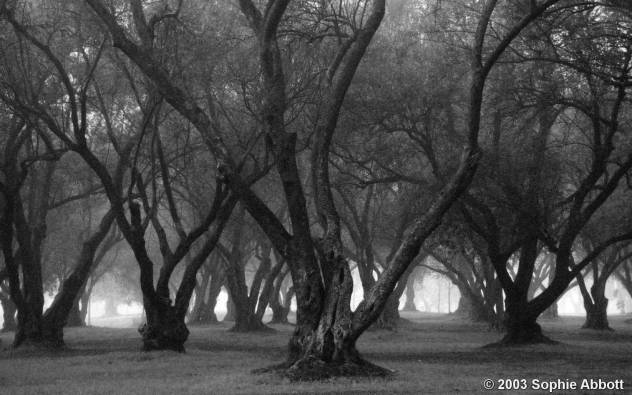Would it bother you if there was no relief for Jesus in the garden of Gethsemane? I love how Rilke gives himself permission to imagine the utter despair of that last night on earth.
“Der Olivenhain”
He went out under the grey leaves,
all grey and indistinct, this olive grove,
and buried his dusty face
in the dust of his hot hands.
It has come to this. Is this how it ends?
Must I continue when I’m going blind?
Why do you want me to say you exist
when I no longer find you myself?
I cannot find you any more. Not within me.
Not in others. Not in these stones.
I find you no longer. I am alone.
I am alone with everyone’s sorrow,
the sorrow I tried to relieve through you,
you who do not exist. O unspeakable shame.
Later they would say an angel came.
They would say an angel came.
Why an angel? What came was night,
moving indifferently amidst the trees.
The disciples stirred in in their dreams.
Why an angel? What came was night.
The night that came was like any other,
dogs sleeping, stones lying there—
like any night of grief,
to be survived till morning comes.
Angels do not answer prayers like that,
nor do they let eternity break through.
Nothing protects those who lose themselves.
I am strangely comforted by this poem of Jesus despair. I have felt it myself, not in degree, but in kind. That moment when you realize the faith you had placed in the Good, the God that had called you, was merely the stuff of your imagination. Or if the call was real, the One who called was not as trustworthy as you had believed. If Jesus came to that conclusion, then it is no sin for the rest of us to do so as well. Dark nights abound, in the gospels and beyond.
But the storytellers who first told the story could not let that be and it bothers Rilke to no end. He mentions the angel who did not come five times. The early historians did not want a God who abandoned his beloved child in his hour of need. Instead, “an angel came from heaven to strengthen him,” (Luke 22) and with that single line we project a measure of grace and ease onto the moment, divine intervention breaking through.
But perhaps Rilke is right and an “angel” is nothing more than a cool breeze on a hot, dusty face and the night’s eventual passing. Could that be enough? Apparently, for Jesus walked out to meet his accusers of his own volition, ready to finish the life’s task given to him by a God he no longer believed in. And isn’t that the ultimate act of faith?

Although, as a Jewish woman, I am celebrating Passover at this holy time of year, I cannot tell you what a comfort your poems have been. They speak to all of us, and address what is simply human.Grief and hope and joy and redemption. Thank you for your efforts ,and all the work that it must entail.It is SO appreciated.
LikeLike
Celia – I can’t tell you what this comment means to me! I am so grateful that Rilke’s poetry about this Jewish man’s journey Passover night has resonated with you and that I’ve been able to offer it to you and others. The paths of love and suffering are universal and we all seek solace from a source beyond ourselves, not matter what we call the Source.
LikeLike